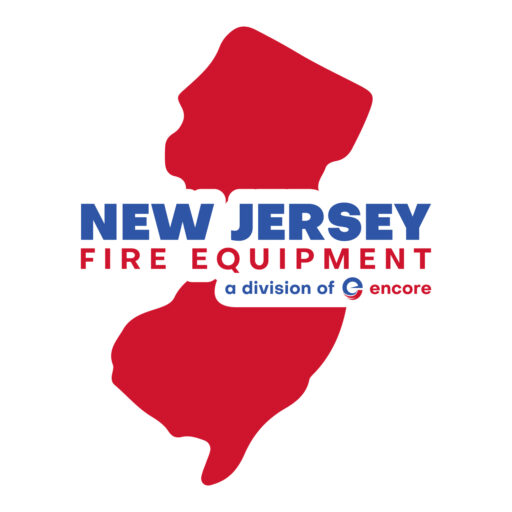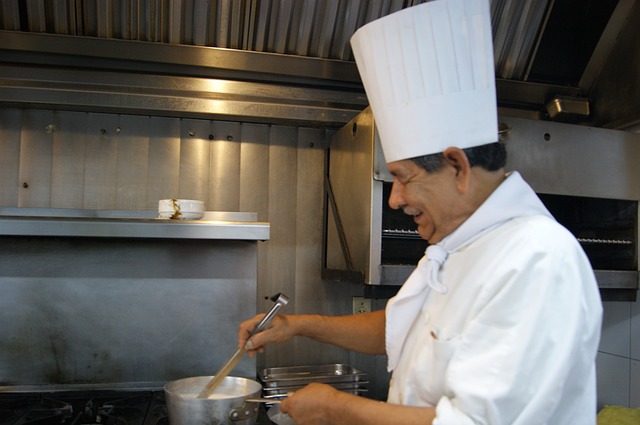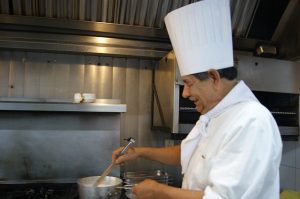Ensuring that your restaurant kitchen fire system is working, functioning and properly maintained is the responsibility of all restaurant owners and chefs.
If properly maintained, your restaurant kitchen fire system should provide you with years of fire protection.
However, the primary objective of this guide is to provide you the information you need to as the restaurant owner or chef, to prevent a disastrous fire, accidental fire system discharge and/or interruption to your business.
By observing some simple and basic rules in your kitchen, you can greatly reduce the risk of a fire and damage to your restaurant as well as accidental discharge of your kitchen fire system
- First and Foremost – never tamper with, alter or change any of the fire system components (e.g. discharge piping, fusible link detectors, gas shut off valve, discharge nozzles, agent storage containers or control units.) Contact your fire equipment distributor to do this for you. You fire system has been installed to meet the manufacturers requirements and the requirements of NFPA 17A, NFPA 96 and Underwriters Laboratories (UL) – making any changes could seriously impact the effectiveness of your fire system and prevent it from working properly in the event of a fire.
- Before you change, alter or relocate your kitchen cooking equipment and layout or make any changes which could affect the configuration of the area protected by your fire system, contact your fire equipment distributor to have the fire system reevaluated or updated to meet the new requirements. Your fire system is comprised of components that are tested and approved for a specific set of limitations that are outlined and the detailed in the manufacturers installation manual. Your fire equipment service company must be involved whenever changes are planned for the cooking equipment layout, the fire system and/or the area protected by the fire system. In most cases moving or relocating the cooking equipment and not properly adjusting the fire system properly is a recipe for future problems.
- Keep all kitchen equipment free of grease build-up. This includes dust work and flues which are not normally intended to be grease coated (e.g. Pizza Oven Vents).
- Never use flammable solvents or cleaners since flammable residues could be left behind in the hazard area.
- Storage! Storage! Storage! Never store flammable materials near cooking equipment or gas flue areas.
- Housekeeping! Housekeeping! Housekeeping! Make certain all obstructions, such as pots and pans, cooking utensils and cooking items, etc., are not stored in areas that could prevent your fire suppression system from discharging properly.
- Make sure to operate your exhaust system (turn the fan on!) whenever the cooking appliances are pre-heating, heating, cooking and when they are cooling. This helps to prevent excessive heat buildup in the hood and duct work which could cause the fire system to actuate accidentally.
- Never operate an exhaust systems designed to use grease filters without the proper filters in place. Doing so can allow excessive grease to be built up in the hood canopy and in the duct work. Also cooking without the proper filters can cause changes in the air movement and/or temperatures in the hood and duct work, which may result in an accidental fire system discharge. Make sure to use only UL listed filters in your hood.
- Never restrict the air flow in your hood. Doing so could reduce the efficiency of your grease exhaust system and increase the air temperature. Cooking with filters that contain excessive grease or filters which are blocked or clogged will impact air movement and/or temperatures. This could result in an accidental system discharge.
- If your Hood and Duct has a UL listed grease extractor- be sure to only operate it using the manufacturer’s instructions. This will ensure effective grease removal from the hood and duct system.
- Do not allow anyone except your fire equipment distributor to perform semi-annual maintenance on your fire
- Maintenance to your fire suppression system must be performed on a semi-annually basis. It is essential that the fire system be maintained properly.
- Post operating instructions for your fire suppression system in a conspicuous place in the kitchen and make sure your employees are trained on how to activate the fire system in the event of an emergency and what to do in case of fire.
- Make certain that Class K hand portable fire extinguishers are properly placed in the cooking area as a back up to the fire suppression system.
NJ Fire Equipment can assist you with all of these items for all types and brands of Restaurant Fire Protection Systems


